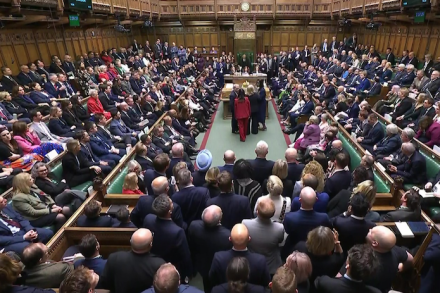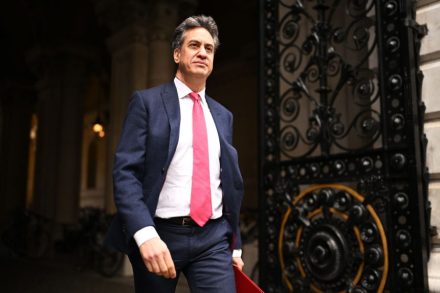MPs deserve more than a £2,500 pay rise
It looks set to be a happy April for MPs who are in line for a 2.8 per cent pay rise, lifting their salaries to £93,904. Your reaction to that figure likely depends on how much you earn. So does mine – and since I’m about to argue that MPs are underpaid, it’s only fair I give a sense of my own finances. I’ll stay schtum about my books and biotech startup, but I’ll admit – no boasting intended – that this piece will net me, after tax, somewhere in the mid to high two figures. Can it be right that we pay our MPs significantly less than hospital consultants? As





















